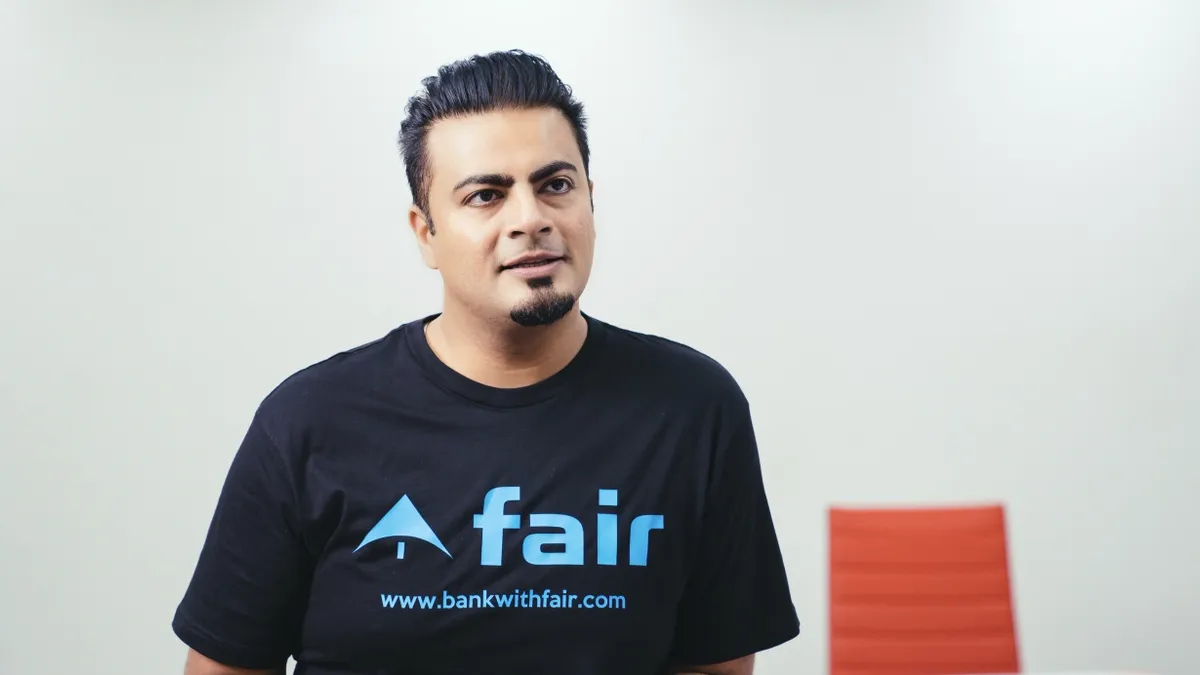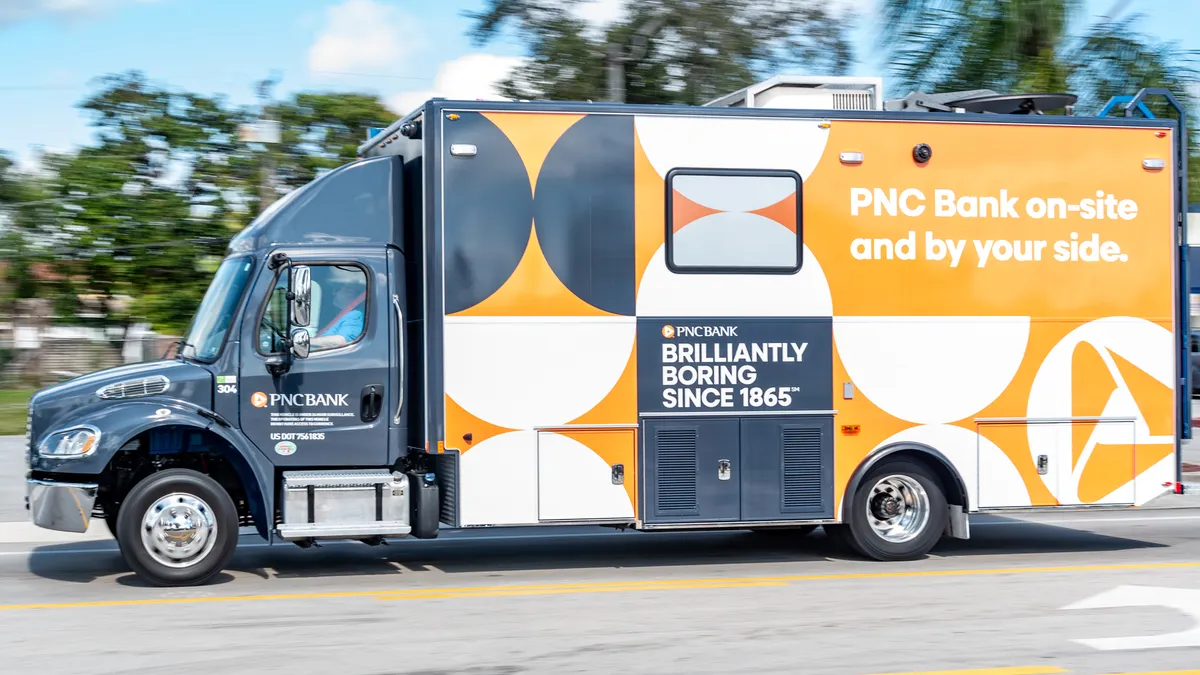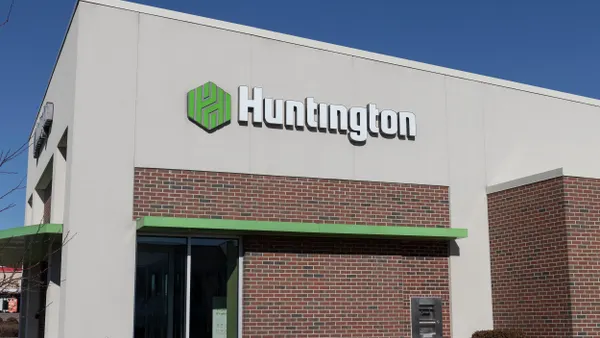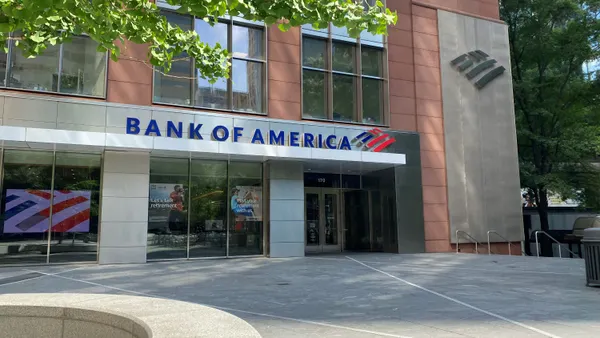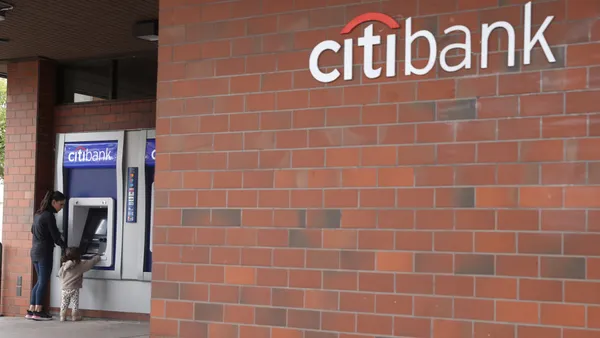Houston-based entrepreneur Khalid Parekh has spent the last 18 years growing Amsys Group, the technology firm he founded, into a company that makes $155 million in annual revenue and encompasses multiple verticals, including IT services, cybersecurity, blockchain, compliance and healthcare.
For his next venture, Parekh is entering financial services, launching a platform he says would have been a valuable tool just after he emigrated to the U.S. from India.
"When I moved here as an immigrant with 100 bucks in my pocket, I faced a lot of financial difficulties, understanding the American banking system, how everything works, specifically sending money back home," he said.
Parekh’s new digital platform, dubbed Fair, will feature banking, lending, international money transfer, investment and retirement services. The platform will charge a yearly or monthly membership fee, Parekh said, likening the service to the "Costco model."
The first million "founding members" can sign up for a lifetime membership to the platform for $99 — reduced to $79 for April. Fair also offers a monthly membership fee for $9.99.
Fair, which is partnering with Everett, Washington-based Coastal Community Bank for its FDIC-insured bank accounts, has a waitlist 50,000 strong. The platform will officially launch to the public in early May.
While the service comes with features that will likely resonate with the immigrant market, such as international money transfers, no Social Security number requirements to open an account and a multilingual platform, Parekh said Fair is for everyone.
"We are a pro-consumer bank that was built keeping the consumers in mind, and not just another neobank that is launching products in the market," Parekh said.
Fair’s platform features a 2% annual dividend account, and members can access two free debit cards designed for their children.
Fair’s customers will have access to a network of banks and retailers, such as Walmart and CVS, where they can deposit and withdraw cash from their Fair accounts, eliminating the fee associated with check cashers, a service many unbanked workers turn to, Parekh said.
The neobank plans to launch its lending and investment products this summer, with business accounts slated to launch later in the year. Parekh also has plans to offer a robo-adviser product.
The platform raised $20 million in February from 250 investors, Parekh said.
"We had such a big demand for people wanting to invest in Fair that we decided that we did not want to take any [venture capital] money," Parekh said. "Raising money was the easy part. Instead of getting one big check or two checks from big VCs or institutional investors, we opened it up to our network of people wanting to become members, but more importantly wanting to become investors."
Parekh expects the platform to be profitable by the end of its first year.
As the platform prepares to enter an increasingly saturated challenger bank market, Parekh said Fair’s portfolio of services beyond banking will help differentiate the platform from a host of neobanks already targeting the underserved and immigrant market.
"We don't call ourselves a challenger bank. We call ourselves a finance platform where you can do banking, lending, investments and retirement," he said. "And it's only people who are seasoned, who have been in business for a long time, who have a real passion for people and who can connect with the consumers, who can survive."



